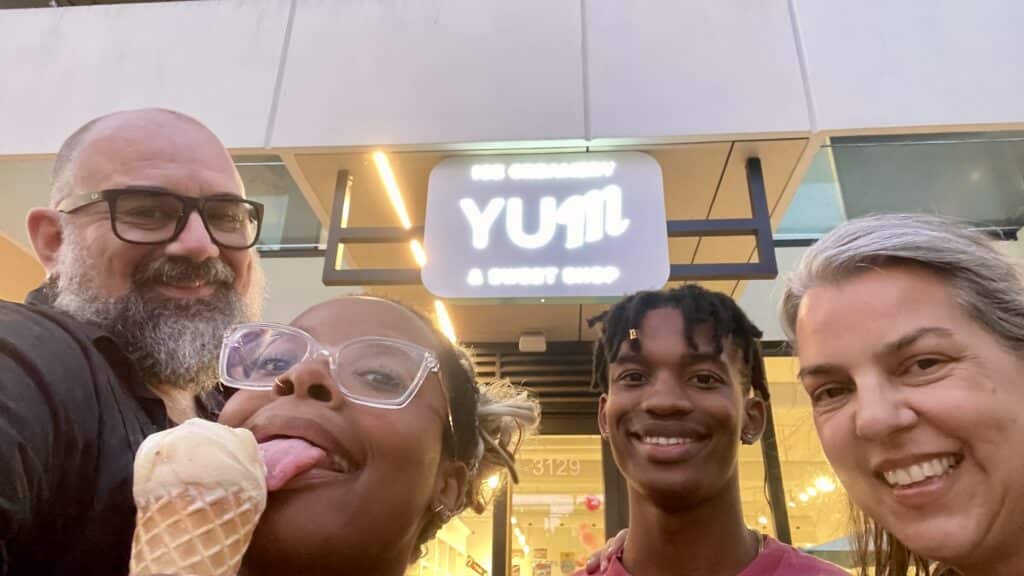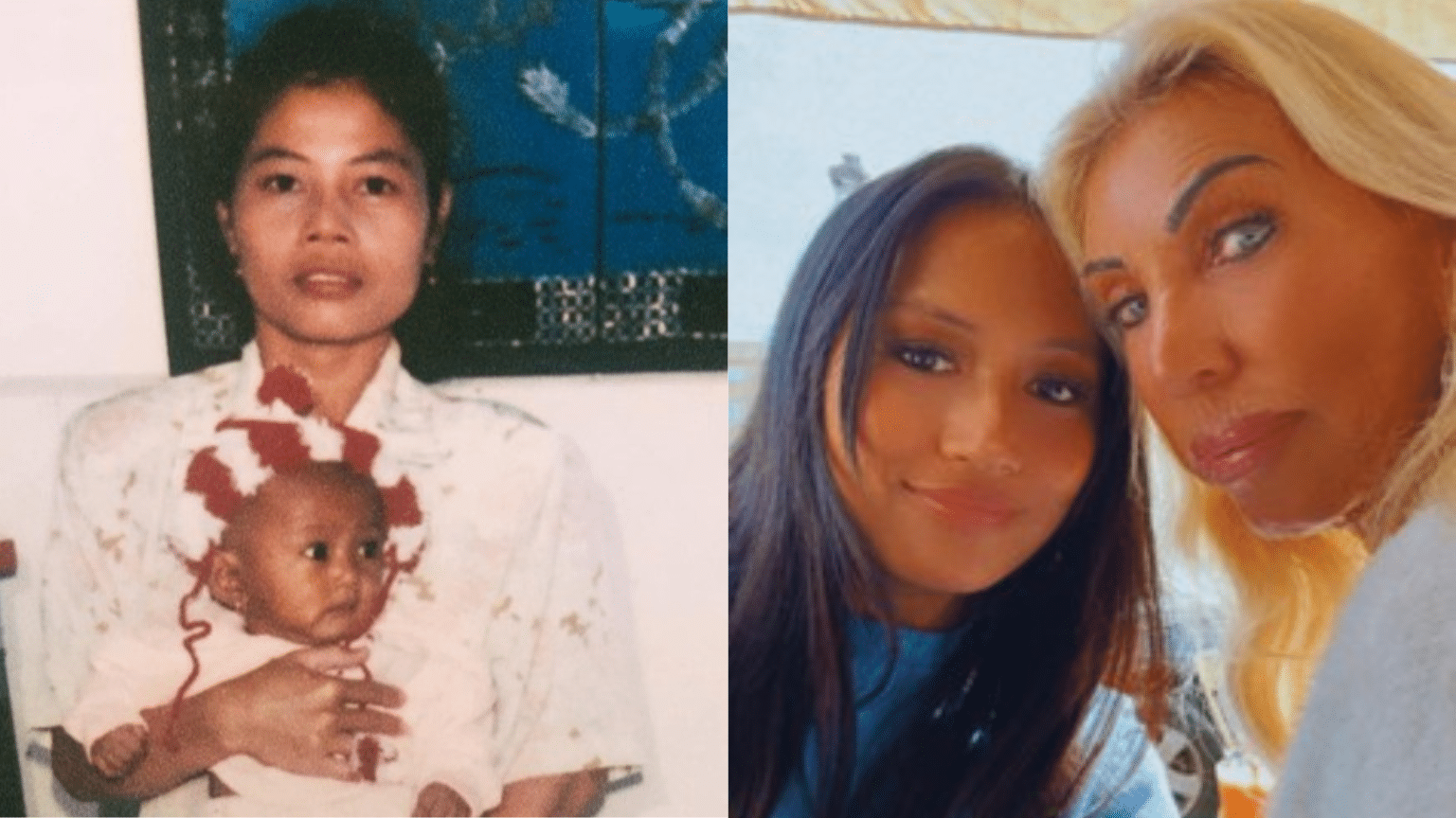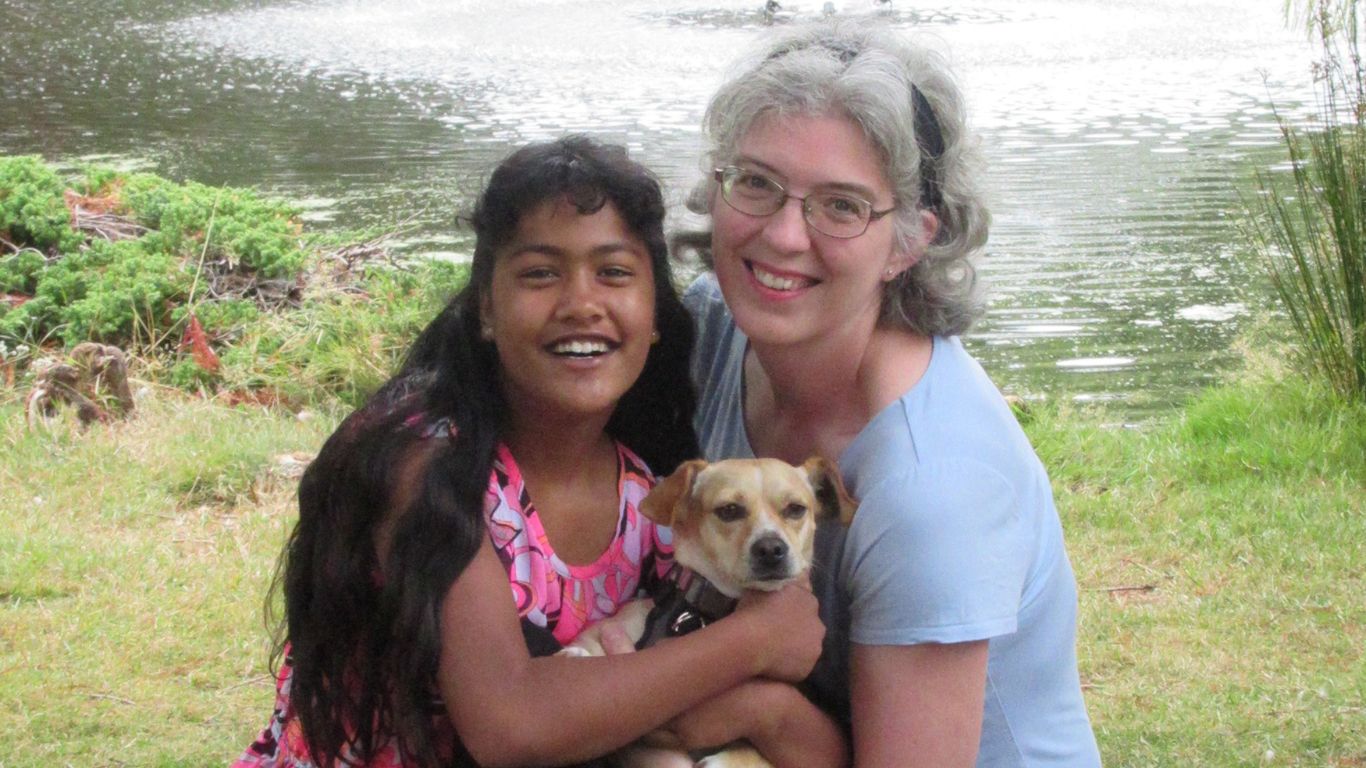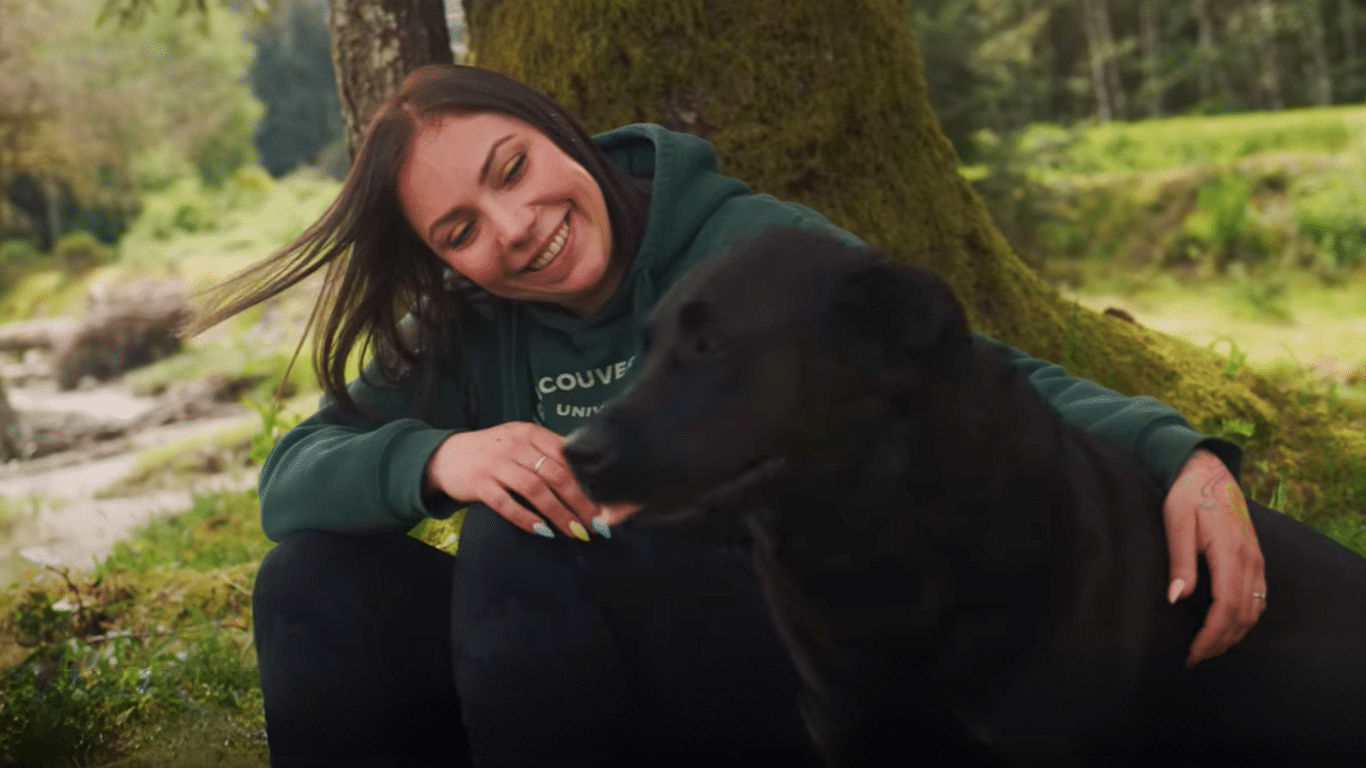As a movie critic, I’ve become a collector of celebrity factoids. For example, Jack Nicholson was raised by his grandmother; he grew up unaware that his “elder sister” was actually his birth mother.
Compared to that level of secrecy, my folks were extremely open about my parentage. They gave me full disclosure—they just didn’t have much information. We knew my race, and date and place of birth. There’s also a letter from the foster home that housed me from infancy to placement at three months. A careful, anonymous hand advises that I was a quiet boy whom they called Kim, with lots of black hair, and an apparent allergy to orange juice (given at six weeks!).
I never knew more than that. Nor was I particularly curious. My parents never objected to any search efforts, but did wonder if the parents might prefer privacy to contact.
Privacy is a trump-card virtue among the Japanese. The airing of family laundry is as desirable as a fart in a bathysphere. It seemed likely to me that snooping about could be highly detrimental to people who might prefer to let indiscretions remain in the past, instead of on their doorstep.
There are also compensations for ignorance. It is slightly glamorous to be a Man of Mystery. In the absence of facts, you’re free to speculate. In her autobiography Deborah Harry wrote about her daydreams of being the love child of Marilyn Monroe, who would have been about 19 when the future Blondie singer was born.
My own scenarios were less specific. After watching the Godfather movies, I fantasized about being Italian. (It’s plausible: I have a hairy back, and people are forever asking me what race I am.)
I never imagined a particular face until the early 1990s.
I was shopping for computer stuff in a store on West Broadway. A well-preserved Asian woman in her 40s came in and commenced staring at me. I assumed that she was in need of retail guidance and pointed her towards a clerk.
“No,” she demurred. “I just wanted to ask you what race you are.”
“Oh,” I said, “Oriental of some sort.”
“They must have been beautiful,” she said quietly and walked off.
As usual, it took me a while to register that there was something odd about this conversation. What was up with the look she was giving me? Was it—recognition?
I scampered outside, heart pounding, mouth full of questions. But, too late. She was gone.
After that, I decided to pursue reunion.
The first step was to register with the adoption unit of the vital statistics ministry in my home province. They sent me a kit of “non-identifying information”—which would ultimately prove to be highly identifying—describing the ages, occupations, and family composition of my birth parents.
I spent a long time staring at the newborn physician’s evaluation. “Healthy baby boy,” the doctor wrote on a piece of paper with the name heavily crossed out.
The next task was to head for the newspapers, searching the classified ads published in my birth province on various birthdays.
I could have signed up for an active search, but resisted. First, searches cost hundreds of dollars, which was a lot for me then. Second, I loathed the notion of having to chase birth parents. It was one thing to make myself available for contact, quite another to hunt them down. The whole deal already reeked of neediness, teen angst, and the distasteful moisture emotions. I didn’t want to seem desperate, in case I actually was.
Things remained at that level until the end of 1996, when my wife, Willow, gave birth to our first child. Parenthood is a revolutionary development for anyone. For me, there was the added shock of family resemblance. Seeing my face reflected in that of my newborn daughter awed me. The desire to seek out blood relatives intensified.
But it was Willow who actually got the ball rolling afresh. “You need to find your family’s history,” she insisted. “What if there are medical factors that we need to know for our children’s health?”
By this time, the Internet had come along. Actual birth records were hidden, but there were plenty of online adoptee resources (my favourite is the rude bunch at www.bastards.org), and—what’s this?
News from my home province: original birth certificates available on request.
I gulped hard, wrote a ten-dollar cheque, and waited.
A few weeks later, I held a piece of plastic, emblazoned with my original birth name: Douglas Shawn Okamura.
From there, it was easy. I went to www.canada411.com, printed out the complete list of Okamuras in Canada, and started cold-calling. I got through about 15 names before the old, emotional anesthesia reasserted itself. I didn’t really want to make “The” call. Nerves? Partly. More like truculence, and unwillingness to risk the reopening of a primal wound for an uncertain benefit.
Willow wound up making the final calls that led me to an evening, about four years ago, when I picked up the phone and took a deep breath.
“Are you ?” I began.
“Yes, I am,” came the voice on the other end.
We discussed the circumstances of the pregnancy, the factors in the decision to give me up for adoption, and the aftermath.
The aftermath continues. The first call was followed by others, then visits, parties, and reunions. In fact, as I type this, she and her husband are in the next room watching football.
In many ways, it has been an ideal reunion. I know from whence I come, and have accumulated a great many new cousins, to the benefit of my social life.
This is not to say that it has been easy. I found out that my birth dad died of colorectal cancer, obliging me to take fitness very seriously. (It was worth finding out the medical history, after all.) And for the only people that I’ll ever call Mom and Dad, the reunion has been a horror. The government promised them 37 years ago that this day would never come. My adoption was supposed to be final. They believed that I would be their son, theirs alone. A few years go by, the records are unsealed, and here they are: hurt by my decision to search, bewildered by the government’s flip-flop, and, I’m sure, inundated with memories of the first, dead child…the infertility…the long wait in the adoption queue. They expected those times to be done and gone, crossed out like the name on the doctor’s evaluation.
And what of Douglas Shawn Okamura? Who would he have been? Happier? More secure, knowing his roots? Or more vapid; less conflicted and challenged? Less supported materially; ostracized as illegitimate?
It’s impossible to know. All I can do is move forward—in my future, not his. There’s no Hollywood ending, but it has been an interesting beginning.




